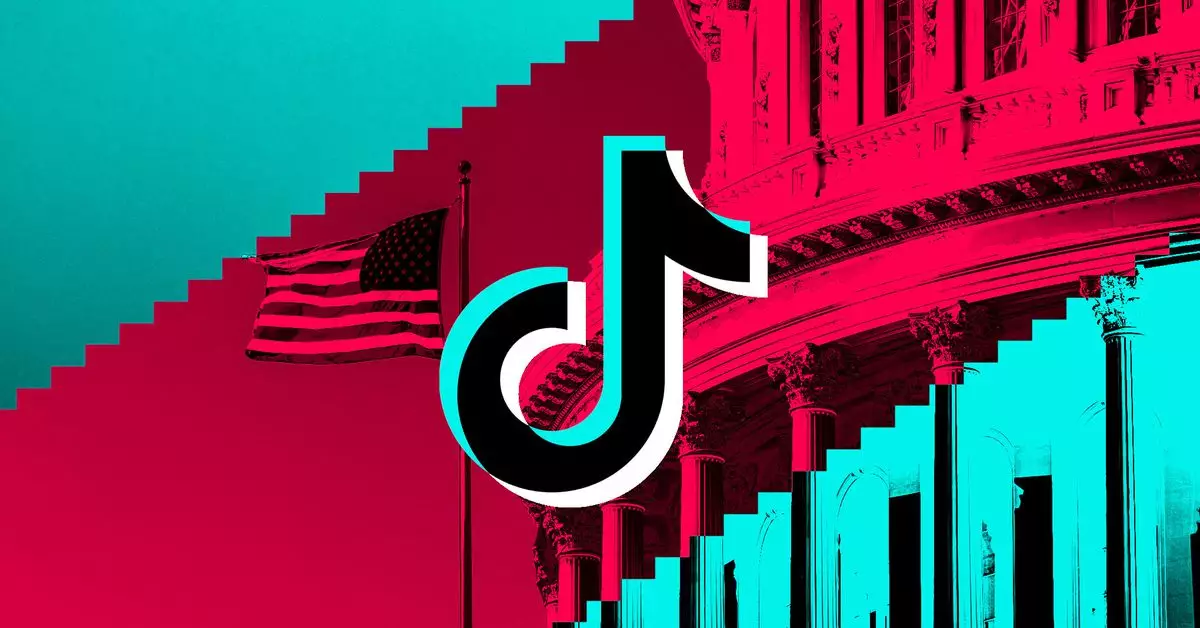In a surprising maneuver on his first day of office, President Donald Trump issued an executive order aimed at the Department of Justice (DOJ) regarding TikTok—a platform owned by the Chinese company ByteDance. This move disregards critical national security concerns outlined in the Protecting Americans from Foreign Adversary Controlled Applications Act, which mandates that ByteDance divest from TikTok or risk a ban in the United States. However, the executive order seemingly provides a temporary reprieve for both ByteDance and companies like Apple and Google that have direct dealings with TikTok.
The order instructs the Attorney General to refrain from enforcing the aforementioned Act for a duration of 75 days. This period is essentially an allowance for Trump’s administration to evaluate its approach regarding TikTok, reflecting an unusual shift from previous strict measures taken against the app. It is noted that the order requires the Attorney General to issue letters to technology providers indicating that no legal violations have occurred during this period, thus shielding American companies from potential repercussions that could arise from continued association with the app.
One crucial aspect of the order is its potential to override the penalties stipulated in the bipartisan law signed by President Joe Biden. Such legal complexities raise questions about the validity of Trump’s actions. Also, while companies might interpret this executive order as a form of relief, legal scholars warn that it may not insulate them entirely from future legal consequences, especially given the substantial fines associated with violations under the law.
The executive order has ignited confusion regarding its legal standing. It requests that no penalties be enacted concerning actions prior to the order’s issuance, which is a stark contradiction to the established provisions of the law. Importantly, the law had allowed for a 90-day window for ByteDance to announce a sale to a non-“foreign adversary” entity, but this window has effectively closed without any concrete steps taken by ByteDance.
Engaging this legal gray area, Trump’s attempts to sidestep the law may lead to protracted litigation. The risks for companies working with TikTok are staggering, with potential penalties estimated to reach a monumental $850 billion. Such overwhelming figures are likely to deter companies from disregarding the law, regardless of what assurances may be extended in the realm of executive decisions.
The Market’s Response
Despite Trump’s reassurances via social media platforms, the immediate market reaction has proven cautious. TikTok faced service interruptions recently, indicating operational instability that further complicates its standing in the U.S. market—a point that could be particularly troubling for companies looking to reinstate the app. The implications of the executive order may be moot if the app is not accessible to users, as it was temporarily pulled from major app stores due to regulatory uncertainty.
Beyond immediate user access, the implications of a potential “joint venture” between the U.S. government and TikTok remain murky. Trump mentioned that the government could hold a 50% stake, but no elaborate framework has been offered for how such an arrangement would function legally and operationally. The idea of significant government ownership raises myriad questions about privacy, data security, and operational autonomy.
Ultimately, Trump’s executive order represents a precarious balancing act. It attempts to navigate national security concerns while placating considerable corporate stakeholders who have vested interests in maintaining operations with TikTok. This complex interplay underscores the challenges faced by political leaders in addressing technological advancements and their broader implications.
While the executive order provides a temporary pause in enforcement efforts concerning TikTok, its long-term effectiveness and reliability remain questionable. The legal ambiguities and significant financial risks may deter American companies from fully re-engaging with the popular platform, despite political assurances. As the digital landscape continues to evolve, the interaction between government policy and private enterprise will demand ongoing scrutiny and thoughtful analysis.


Leave a Reply